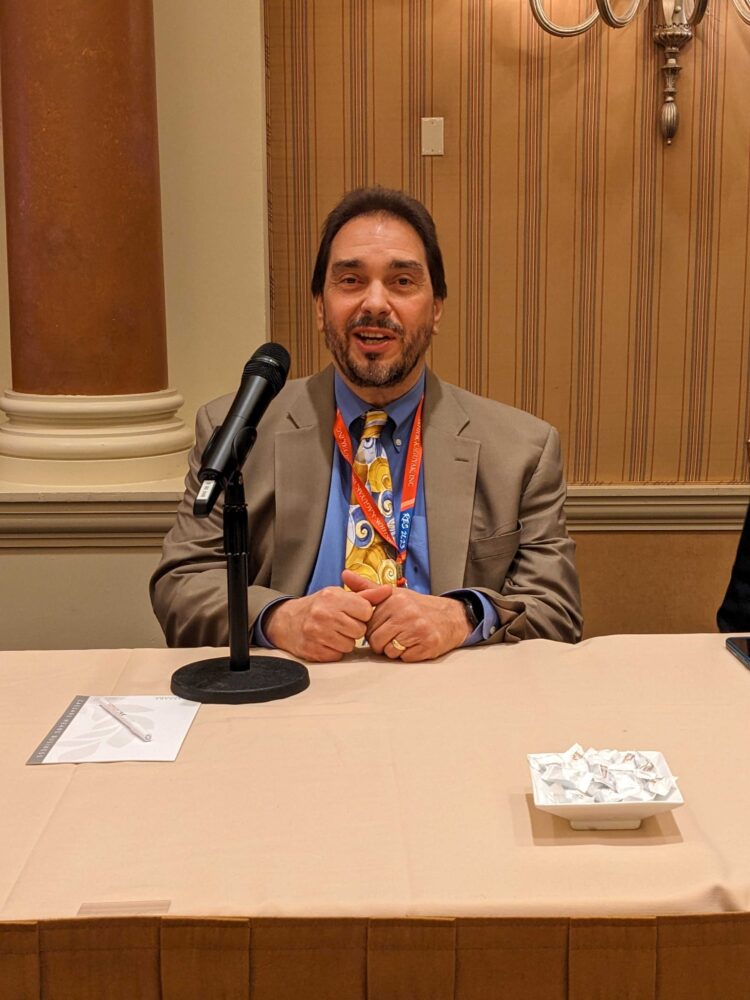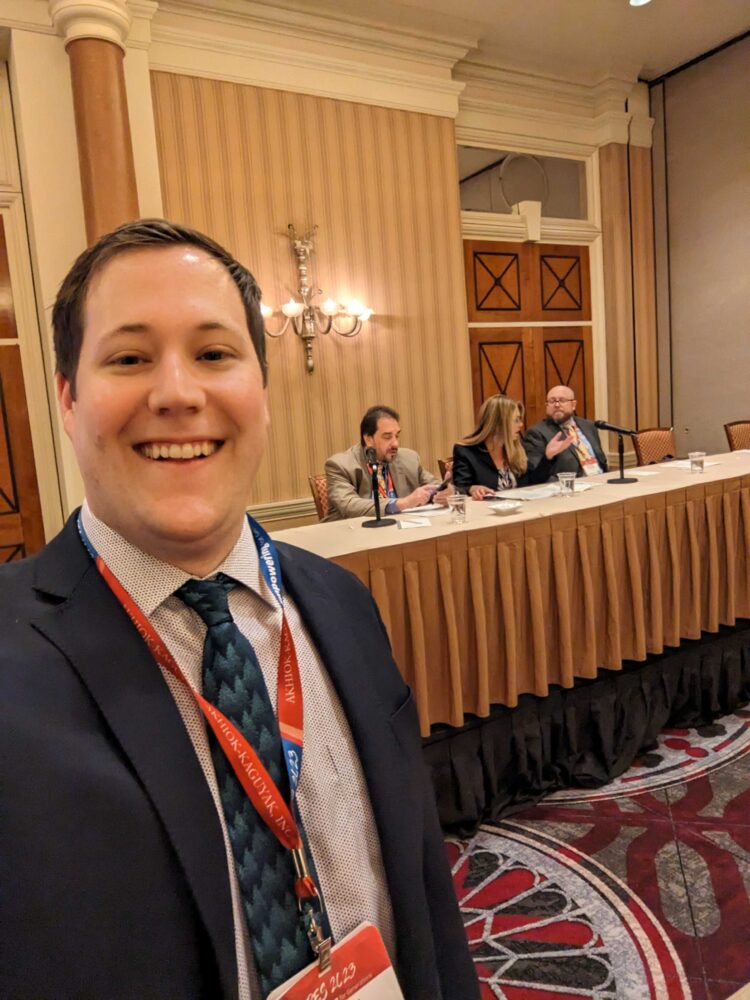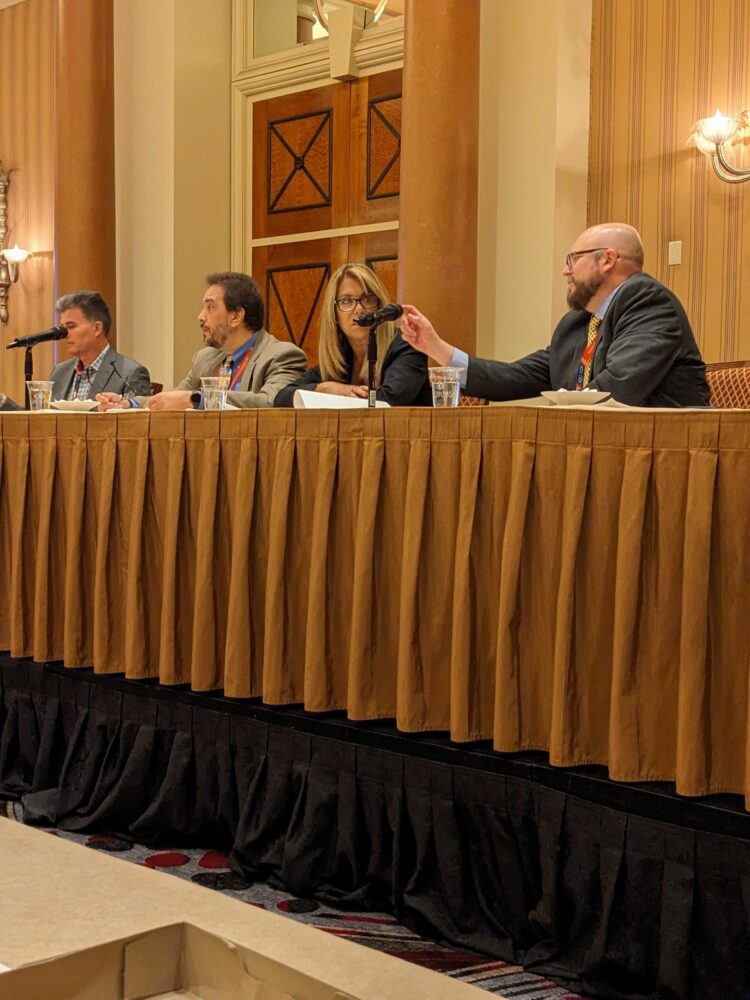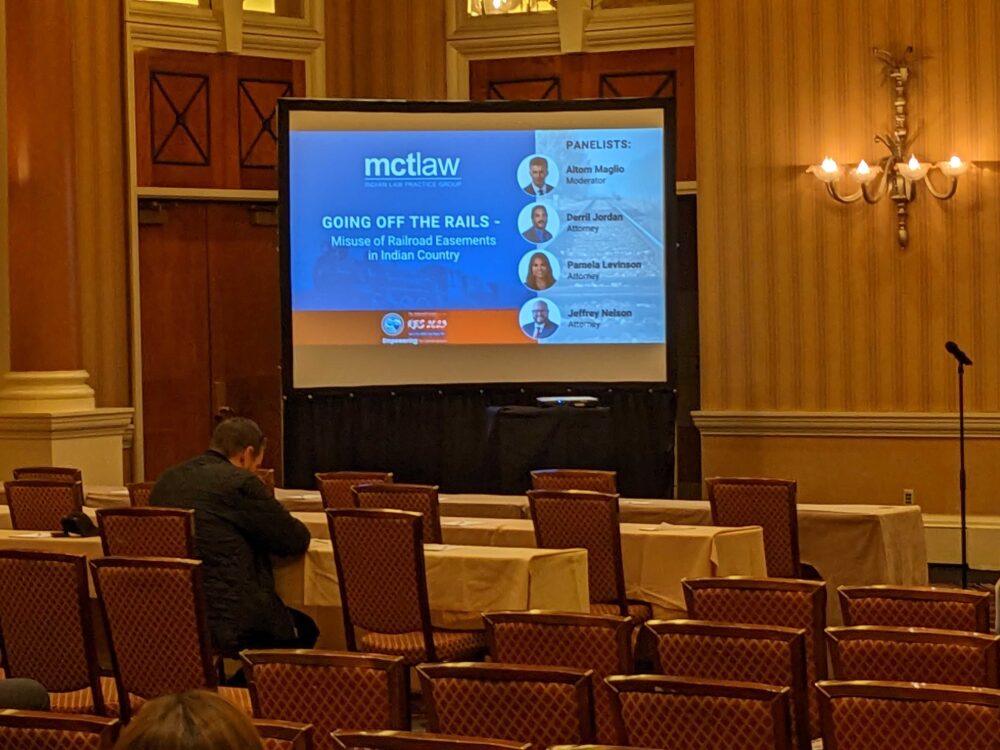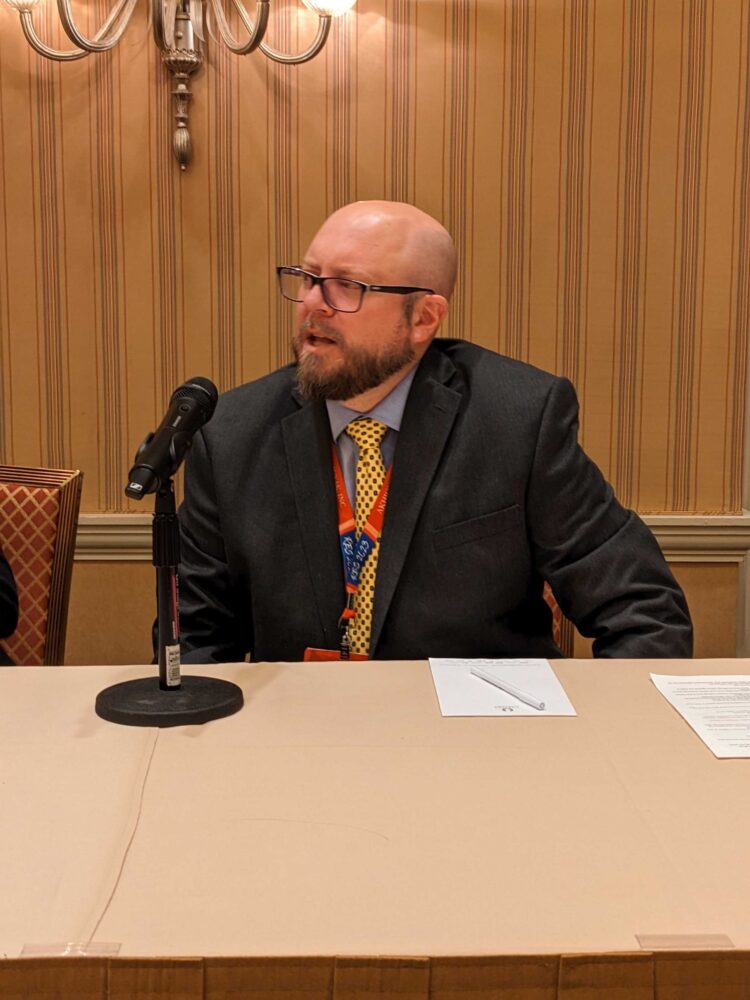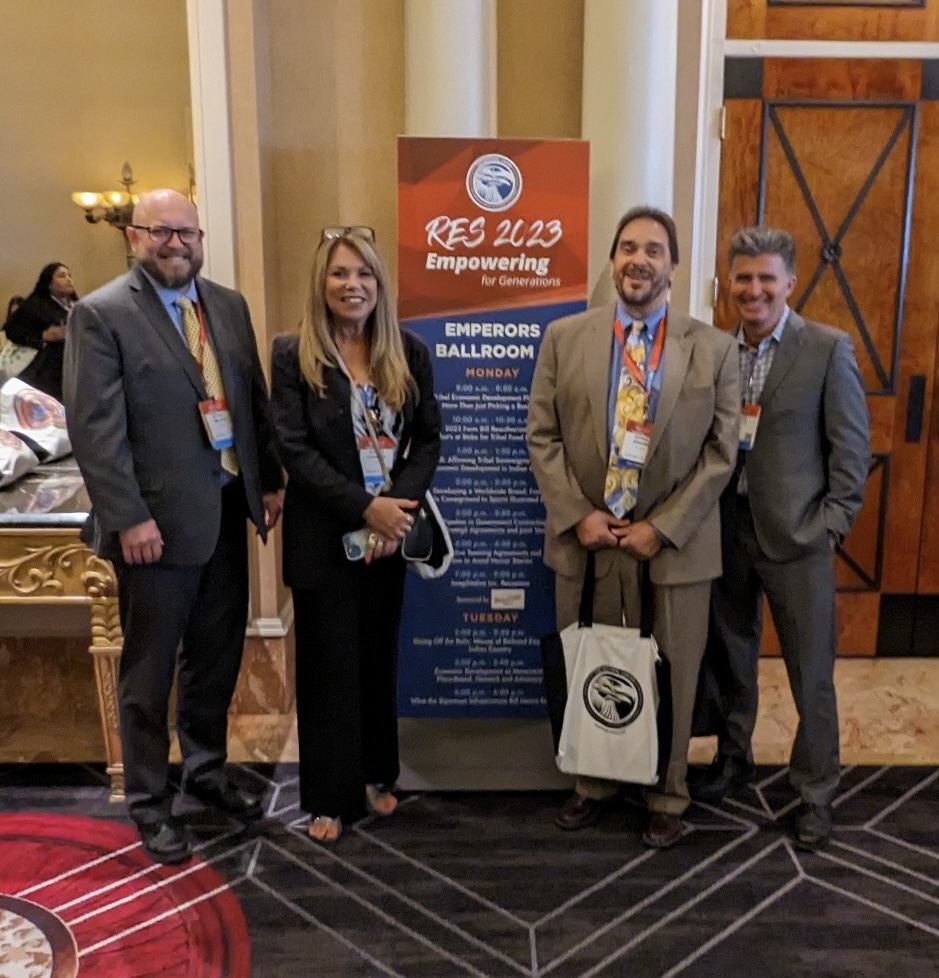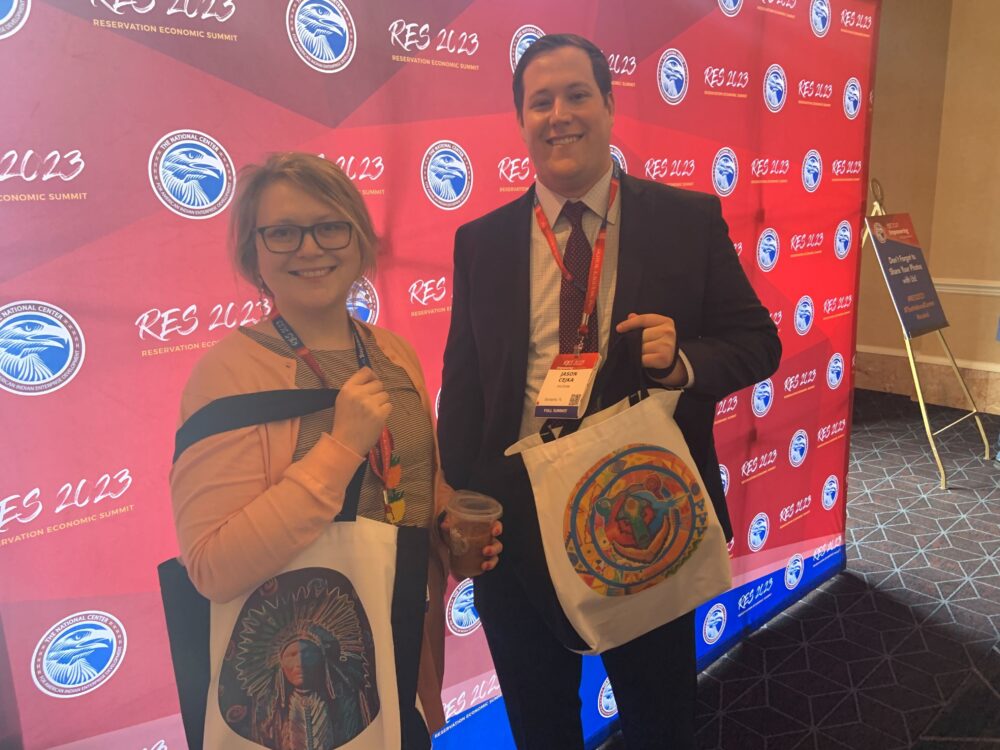RES 2023 Misuse of Railway Easements in Indian Country
Going Off the Rails – Misuse of Railway Easements in Indian Country – If You Missed it at RES 2023
If you weren’t able to attend RES 2023, then we’ll bring RES to you. Here’s a recap of our panel discussion “Going Off the Rails – Misuse of Railway Easements in Indian Country,” hosted by mctlaw attorneys Altom Maglio, Derril Jordan, and Jeffrey Nelson.
About 70 tribal leaders and other conference participants attended the session and were highly engaged with questions and anecdotes from their own reservations. Many in the audience seemed to agree with the panel that railroad rights-of-way through Indian country continue to be the source of injustice against tribes.
How to Know If Your Tribe May Be Owed Money or Land in a Railway Easement
Railway rights-of-way were often forced through reservations without tribal consent or payment many decades ago, and now, if those railways are abandoned or the type of use changes, tribes and Indian allotment landowners often miss the opportunity to exercise their legal rights to reclaim their land or get money damages. One common example is when a railway allows a different use of the right-of-way, not related to operating a railroad, such as laying fiber optic cable or constructing a gas pipeline.
Other easement agreements may contain use restrictions the railroad may be in violation of, such as in a current case from the Swinomish Reservation that the mctlaw panel discussed in detail. In that case, the BNSF Railroad now has admitted that for years, it ran trains through the Reservation that were longer than allowed under its easement agreement. The railroad claimed it had the obligation as a common carrier to violate its agreement in order to meet the demand from the nearby oil refinery. The Tribe recently won a victory when the court found BNSF liable for its violations.
The Bottom Line: Get Legal Representation
The bottom line from the panel’s presentation is that Tribes must do their own due diligence regarding the railroad rights-of-way agreements that apply on their reservations, and they should monitor right-of-way use or abandonment in order to know when they may have a takings claim for return of the land or for money damages.
If your Tribe believes they have a claim to have their land returned or financial compensation, contact the Indian Law team at mctlaw. The team has extensive experience helping tribal leaders and businesses navigate the legal challenges facing Indian governments nationwide.

